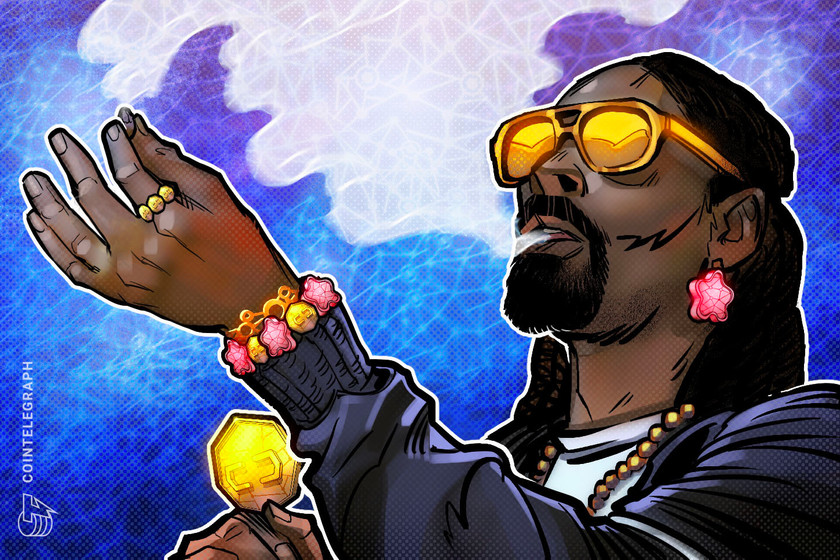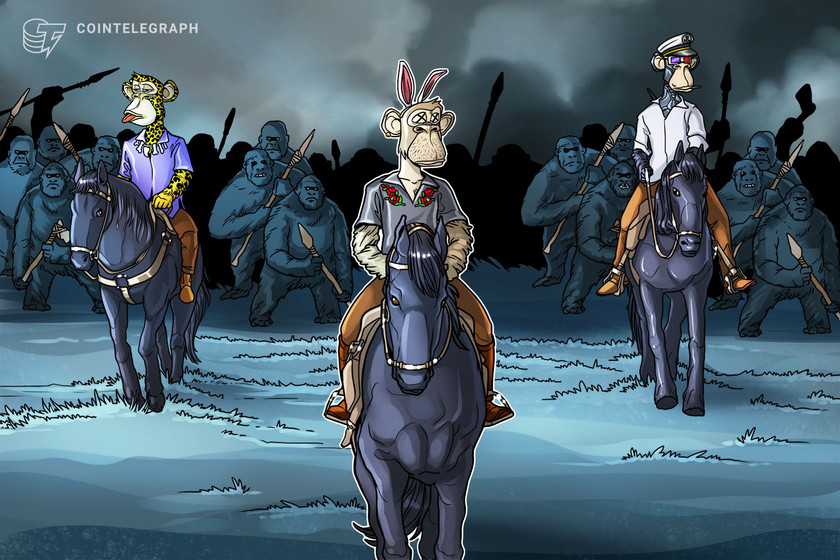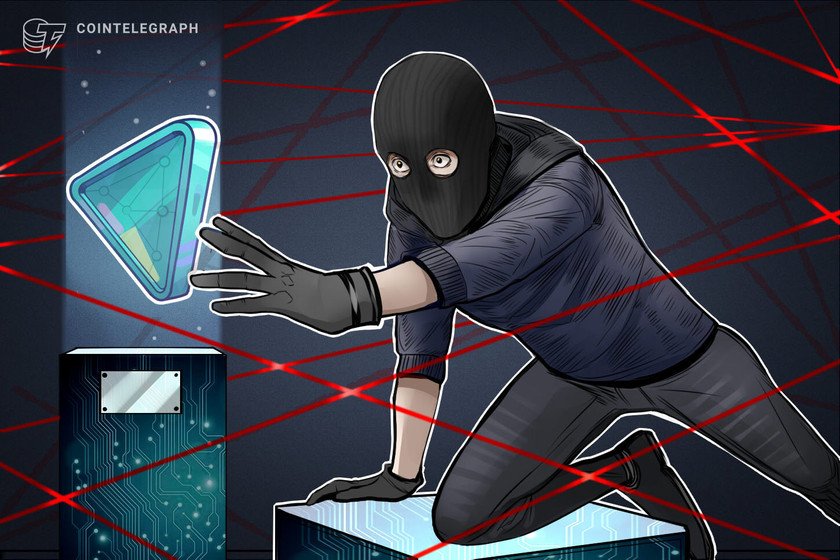Nifty News: Yuga Labs scores court battle win, Mandala Metaverse to drop on Polkadot and more…


A metaverse/AR story game is coming to Polkadot, Square Enix has made another Web3 gaming play, and an NFT esports cricket game has launched on Tezos.
Bored Ape Yacht Club (BAYC) creator Yuga Labs has scored a key victory in its long-running court battle with Ryder Ripps, the co-creator of copycat nonfungible token (NFT) project RR/BAYC.
Yuga Labs initially filed a complaint against Ryder Ripps and his co-founder, Jeremy Cahen, back in July 2022, alleging that the duo had engaged in trademark infringement, false advertising and unfair competition, among other things.
In a pre-trial summary judgment ruling on April 21, the United States District Court for the Central District of California found that Ripps and Cahen had infringed Yuga Lab’s trademarks with their RR/BAYC NFT collection.
The court further ruled that Yuga Labs is entitled to an injunction and damages, the latter of which will be determined at trial.
In a message shared with Cointelegraph, a Yuga Labs spokesperson said:
“In a landmark legal victory for Web3, a federal judge found that Ryder Ripps and Jermey Cahen infringed Yuga Lab’s intellectual property. This isn’t just a win for us, it’s a win for the entire Web3 industry to hold scammers and counterfeiters accountable.”
Ryder Ripps and Jeremy Cahen created RR/BAYC back in May 2022 as a satire and protest against Yuga Labs. The project essentially uses all of the same imagery as the original BAYC NFTs.


Ripps, in particular, is a leading proponent of the conspiracy theory that Yuga Labs purposely designed the BAYC artwork to convey racist caricatures. Additionally, Ripps also asserts that the project’s logo and branding have several nods to certain Nazi symbols and language.
Mandala Metaverse to drop on Polkadot
Upcoming cross-chain augmented reality (AR) game Mandala Metaverse has chosen Polkadot parachain Astar Network to host its first major NFT drop on April 28.
Mandala Metaverse is a story-based project with content spanning TV, graphic novels, gaming and AR. Its gaming elements have been developed in Epic Games’ AAA quality Unreal Engine.
The drop is called “Cryptonauts,” and the NFTs depict various avatars that will serve as playable characters in the game. The artwork was illustrated by comic artist Bruce Zick, who has worked with giants such as Disney and Marvel.
1/ Mandala Metaverse (@enterthemandala), a cross-platform game and interoperable metaverse, has chosen @AstarNetwork for its NFT drop, leveraging features that are available #OnlyOnPolkadot. pic.twitter.com/cnK3Zcf4AG
— Polkadot (@Polkadot) April 21, 2023
The Polkadot blockchain is not necessarily known for hosting gaming and NFT projects, with the network not even having any recorded sales data on aggregators such as CryptoSlam.
Regarding the decision to take the Cryptonauts NFTs to Polkadot, Mandala Metaverse CEO Jon Shanker noted:
“Polkadot has real future-proof NFT applications, such as nesting, staking and the ability to send NFTs over bridges – plus many other innovative ways to use NFT assets. We can now do things we didn’t think were possible.”
Square Enix partners with Elixir Games
Final Fantasy developer Square Enix has partnered with Web3 infrastructure firm Elixir Games to bring blockchain gaming to the mainstream.
The move was announced on April 19, though specific details on the partnership are still sparse.
Elixir hosts both traditional and Web3 games on its platform and also offers Web3 distribution features for its partnered games, such as NFT sales and marketplaces.
As such, Square Enix will likely take advantage of those features when launching games via Elixir, something the firm has become increasingly interested in doing over the past year or so.
Related: NFT.NYC: Games and tokenization are driving NFT industry maturation
“This partnership brings us closer to Web3 gaming mass adoption. Our team is incredibly excited to bring our technology to work, and we foresee Elixir users playing Web2 and Web3 games alike without distinction,” said Carlos Roldan, Elixir Games’ CEO, as part of the announcement. Roldan added:
“2023 has already seen more industry leaders enter the space with impactful projects, and we anticipate to see more as the year progresses. We’ve put all efforts to ensure we are ready for scalability.”
NFT cricket game on Tezos
A free-to-play multiplayer NFT cricket strategy game called Cricket Stars has been launched on the Tezos blockchain.
The game is being led by Tezos India — an organization that focuses on developing projects on Tezos — in partnership with esports game publisher GoLive Games. Despite the name, however, no licensing deals with actual cricket stars appear to be in place.


Cricket Stars follows a similar model to other sports NFT games, like Sorare, by offering player cards that can be used to have an effect on the game or traded on the marketplace. The game also offers player vs. player modes, knockout tournaments and esports tournaments.
“We understand the power of blockchain technology and its role in the gaming ecosystem. Our partnership with Tezos India is an astounding statement of blockchain technology becoming an integral part of the gaming industry,“ noted GoLive Games founder Ravi Kiran as part of the announcement.


























